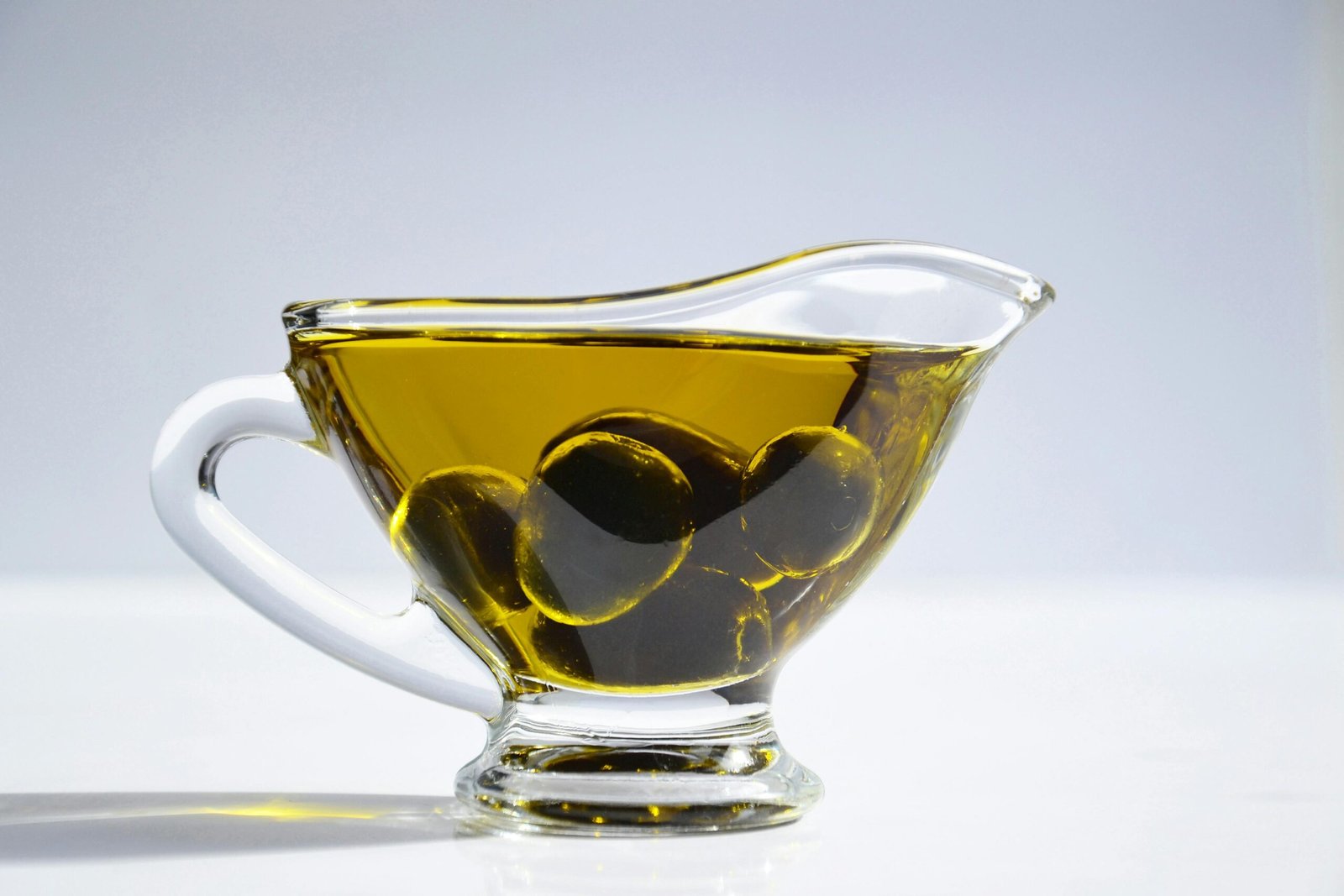How to dispose of cooking oil: Almost every kitchen needs cooking oil for anything from frying snacks to making big feasts. However, what do you do with the oil that remains? Improper cooking oil disposal can cause clogged drains, environmental harm, and even safety risks in your house. Everything you need to know about properly disposing of cooking oil will be covered in this article.
Why Proper Cooking Oil Disposal Is Important
Despite its seeming innocuousness, cooking oil can seriously damage the environment if it is disposed of inappropriately. It solidifies and clogs pipes when poured down drains, necessitating expensive repairs. Additionally, it can contaminate water bodies and harm water treatment facilities. By knowing how to properly dispose of oil, you can preserve the safety of your home’s plumbing system and contribute to environmental sustainability.
Common Mistakes in Cooking Oil Disposal
How to dispose of cooking oil: Before diving into proper disposal methods, it’s important to highlight some common mistakes people often make:
Pouring it down the drain: This is a big no-no, as oil can solidify and cause blockages.
Throwing it in the trash uncontained: Cooking oil can leak from trash bags and containers, causing spills and attracting pests.
Mixing it with other waste: Combining oil with recyclables or regular garbage can lead to contamination and make the waste unusable.
Step-by-Step Guide: How to Dispose of Cooking Oil
Step 1: Let the Oil Cool
How to dispose of cooking oil: Let the oil cool completely after cooking. Burns and the melting of plastic containers from hot oil might complicate disposal.
Step 2: Reuse or Recycle the Cooking Oil
After cooking, think about reusing the oil if it is still clean. To reuse the oil for cooking in the future, strain it to get rid of any food particles and store it in an airtight container. As an alternative, cooking oil recycling initiatives are available in many cities. Look into used oil recycling facilities in your area.
Step 3: Dispose of It in a Sealed Container
Oil should be disposed of in a sealed, non-recyclable container if recycling or reuse are not feasible. To stop leaks, you can use a jar with a tight cover, an empty milk carton, or a plastic bottle. Put it in your usual trash after it’s sealed.
Step 4: Check Your Local Disposal Options
Many cities offer special disposal services for household waste like cooking oil. Check with your local waste management service to see if they have designated drop-off points or pick-up services for used oil.
What Not to Do With Used Cooking Oil
There are a few things you should never do when disposing of cooking oil:
Do not pour it down the sink or toilet. This can cause serious plumbing issues and is harmful to the environment.
Do not compost it. Most compost systems cannot process large amounts of oil, which can attract pests and cause the compost to go rancid.
Avoid throwing it in the garbage without proper containment. This can lead to spills and attract pests like rats and cockroaches.
Tips for Storing Used Cooking Oil
How to dispose of cooking oil: Proper storage is essential to preserving the quality of cooking oil if you intend to reuse it. Here are some pointers:
Strain the oil through a fine sieve or cheesecloth to remove any food particles that can spoil it.
Store in a cool, dark place in a sealed container to prevent oxidation and rancidity.
Label the container with the type of oil and the date it was first used to track its freshness.
How to Recycle Cooking Oil at Home
How to dispose of cooking oil: There are several ways to recycle cooking oil at home if you care about the environment:
Make biodiesel: If you have a significant amount of used oil, it can be converted into biodiesel. There are DIY kits available for home use.
Create homemade soap: Used cooking oil is a common ingredient in homemade soaps. Combining it with lye can create a great cleaning product.
Use it as a lubricant or rust inhibitor: Cooking oil can be used for lubricating tools or preventing rust on metal surfaces.
Commercial Options for Cooking Oil Recycling
How to dispose of cooking oil: Many businesses specialize in oil recycling for huge volumes of oil, as those found in commercial kitchens or restaurants. These services gather used oil and turn it into animal feed or biodiesel. In order to turn waste into a possible source of income, some companies even offer to pay for your leftover cooking oil.
Disposing of Large Amounts of Cooking Oil
How to dispose of cooking oil: Think about the following if you’re handling a lot of oil, like in a commercial kitchen or after a huge event:
Use oil recycling services. Many companies will come to pick up your used oil.
Find bulk disposal locations. Some recycling centers accept large quantities of oil and will process it for reuse.
Proper storage is key. Always use leak-proof, sealed containers to store large amounts of used oil before disposal.
How to Handle Cooking Oil in Grease Traps
If you’re managing a commercial kitchen, grease traps are essential for preventing oil from entering your plumbing. Make sure to:
Clean your grease trap regularly. This ensures oil and grease don’t build up and block your plumbing.
Hire professional services. Grease trap cleaning services can safely dispose of the collected oil and grease.
The Environmental Impact of Improper Oil Disposal
How to dispose of cooking oil: Improper disposal of cooking oil contributes to:
Water contamination: When oil enters waterways, it creates a film that prevents oxygen from reaching aquatic life.
Plumbing issues: Oil solidifies in drains and pipes, leading to clogs that can cause costly damage.
Waste of resources: When oil is not recycled, it ends up in landfills, wasting a valuable resource that can be repurposed.
Using Cooking Oil in Composting: Is It Safe?
While small amounts of oil can be composted, larger quantities can cause problems. Cooking oil can:
Attract pests to your compost heap.
Slow down decomposition by coating organic materials and limiting airflow. If you do compost oil, ensure it’s in minimal amounts and spread thinly across the compost pile.
How Restaurants Dispose of Cooking Oil
How to dispose of cooking oil: Restaurants must dispose of cooking oil according to stringent regulations. Usually, they make use of:
Grease traps to catch oil before it enters the plumbing.
Oil recycling services that convert used oil into biodiesel or animal feed.
Is Throwing Oil Down the Drain Safe?
No. One of the worst methods to get rid of oil is to throw it down the toilet. When cooking oil cools, it solidifies and clogs pipes, causing obstructions and expensive plumbing repairs. At wastewater treatment facilities, it also poses serious problems.
Conclusion
How to dispose of cooking oil? Cooking oil must be disposed of properly to preserve the environment and the condition of our plumbing systems. You may avoid typical problems like clogged drains, environmental pollution, and expensive repairs by following the instructions in this tutorial.
Always keep the oil in a sealed container, think about recycling or reusing it, and remember to cool it before discarding it. By incorporating these techniques into your daily routine, you may successfully manage household waste and help create a more sustainable future. There are appropriate disposal techniques to meet your demands, regardless of the size of the wasted oil—whether it comes from an industrial kitchen or modest amounts from home cooking. Making the deliberate decision to properly dispose of cooking oil is an
Frequently Asked Questions
Q:1 Can I flush cooking oil down the toilet?
A:1 No, flushing cooking oil down the toilet can lead to plumbing blockages and environmental harm.
Q:2 How can I store cooking oil before disposal?
A:2 Store cooled oil in a sealed, non-recyclable container such as a plastic bottle or milk carton.
Q:3 What should I do if I accidentally pour oil down the drain?
A:3 Pour boiling water and a mixture of baking soda and vinegar down the drain to help break down the oil. However, this is a temporary fix, and professional help may be needed.
Q:4 Is there a way to recycle cooking oil at home?
A:4 Yes, you can reuse cooking oil for future cooking, make biodiesel, or even create homemade soap.
See More



